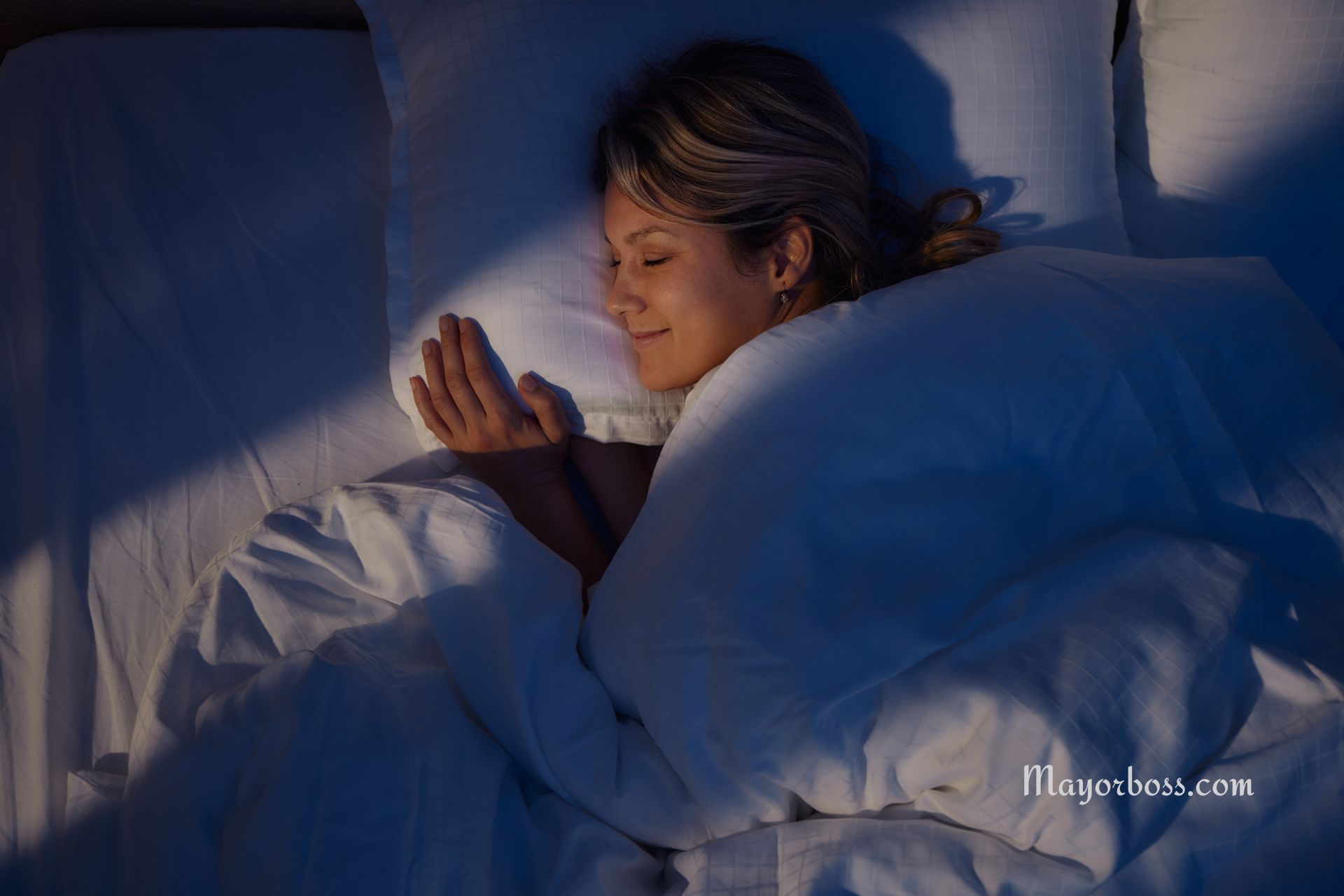Why You Should Sleep with Your Curtains Closed
Getting a good night’s sleep is important for your health. One easy way to improve your sleep is to sleep with your curtains closed. In this article, we will look at how closing your curtains can help you sleep better and keep you safe and comfortable.

How Light Affects Sleep
Our bodies have a natural clock called the circadian rhythm. This clock tells us when to feel awake and when to feel tired. Light plays a big role in controlling this rhythm. When there is light in the room at night, it can confuse your body. Street lights, car headlights, or even the light from a neighbor’s house can keep your brain alert.
When you close your curtains, you block out much of this light. A dark room helps your body get ready for sleep. In the dark, your body makes more melatonin. Melatonin is a hormone that tells your body it is time to sleep. When your brain gets a clear signal, you can fall asleep more easily and sleep more deeply.
How Melatonin Works
Melatonin is a hormone made by a small gland in your brain called the pineal gland. It is important to make sure your sleep schedule is on track. When it gets dark, your body makes more melatonin. This hormone makes you feel sleepy and helps you fall asleep. If there is too much light, your body does not make enough melatonin.
Studies show that artificial light can lower melatonin levels. This can make it hard to fall asleep and lower the quality of your sleep. When you keep your curtains closed, you let your body produce enough melatonin. In a dark room, your natural sleep cycle can work the way it should.
Health Benefits of a Dark Room
A dark room can help you sleep better, and better sleep is good for your health. When you sleep well, your mind and body get a chance to rest and repair themselves. Sleep helps your body fix cells, heal tissues, and keep your brain sharp.
Good sleep can help you concentrate at school, manage stress, and even boost your immune system. When you wake up after a good night’s sleep, you feel more ready for the day. Many studies show that people who sleep well have a lower risk of problems like heart disease, diabetes, and obesity.
By closing your curtains at night, you create a dark environment that helps your body sleep naturally. This small change can lead to better sleep over time and support your overall health.
Safety and Privacy
Another benefit of sleeping with your curtains closed is safety. Closed curtains protect your privacy. They stop people from looking inside your home. This can help you feel safer and more secure while you sleep.
Feeling safe at night is important for a good night’s rest. When you know that your home is private, you are less likely to feel anxious. A calm and secure environment can help you relax and fall asleep faster. Privacy is not only about keeping strangers away; it is also about creating a space where you feel comfortable and at ease.
Other Benefits of Closed Curtains
There are other reasons to keep your curtains closed at night. For one, heavy curtains can also block out noise. A quiet room is easier to sleep in than a noisy one. Many modern curtains are designed to reduce the sound of traffic or other outside noises. This makes your bedroom a more peaceful place to rest.
Closed curtains can also help keep your room at a steady temperature. In the daytime, sunlight can make your room hot. At night, a closed curtain can keep the cool air in, which is good for sleep. Research shows that a cooler room helps you sleep better. A comfortable room temperature is an important part of good sleep hygiene.
Tips for a Better Sleep Environment
Here are some simple tips to help you create a better sleep environment:
- Choose the Right Curtains: Look for heavy or blackout curtains. These curtains block out light and can also help reduce noise.
- Keep a Regular Sleep Schedule: Go to bed and wake up at the same time every day. A regular schedule helps your body know when it is time to sleep.
- Turn Off Electronic Devices: Avoid screens like phones, tablets, or computers at least an hour before bed. These devices give off blue light that can make it harder for your brain to produce melatonin.
- Make Your Room Comfortable: Keep your bedroom clean and organized. A tidy space can reduce stress and help you relax.
- Create a Calming Routine: Read a book, listen to soft music, or do some light stretching before bed. A quiet routine can signal your body that it is time to sleep.
Takeaway
Sleeping with your curtains closed is a simple habit that can improve your sleep. A dark room helps your body make melatonin, a hormone that tells you it is time to sleep. With less light, you can fall asleep faster and sleep more deeply. In addition, closed curtains provide safety, privacy, and a peaceful environment.
Good sleep is important for your physical and mental health. When you sleep well, you are better able to focus, manage stress, and stay healthy. Making small changes, like closing your curtains at night, can lead to better sleep over time. Consider this easy step as part of your plan to create a healthier sleep environment.






